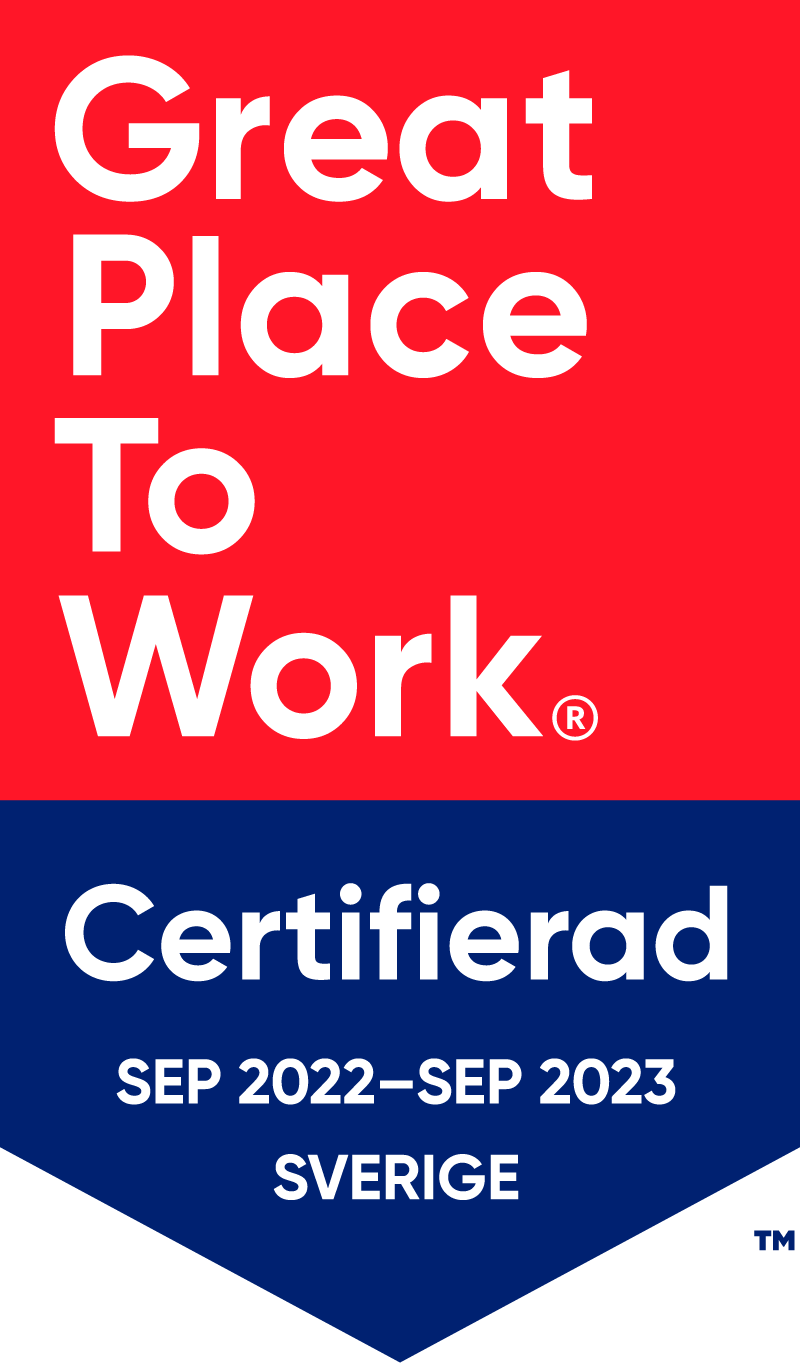Products
Retail
Products in the Retail segment are sold via various so-called substitution systems, usually controlled by price and supply. An example of such a system is the Periodens Vara (PV) system in Sweden, which covers almost 80% of all medicines that are dispensed at Swedish pharmacies every day. The PV system is a way for the State, as a subsidizing “payer” via medicine reimbursement, to ensure that you get as much treatment as possible per tax SEK. Only the cheapest product in a certain exchange group is dispensed. In other countries, insurance companies can take on the role of payer, but the purpose is always the same.
Advantages of the Retail segment are fast market penetration and non-existent requirements for sales or marketing resources. With the right price and stock, the products are sold automatically and without delay.
The disadvantage of the Retail segment is, of course, that easily won is just as easily lost if a competitor can offer a lower price. This makes inventory planning and market knowledge central assets within EQL in order to be able to balance correctly between opportunities and risks when prices change on an annual, quarterly, monthly or weekly basis.
Hospital
Products in the Hospital segment are sold via various so-called tendering systems, usually governed by a set of weighted criteria of which price is always the strongest, even though requirements for, for example, environmental impact and user-friendliness (for healthcare) have become increasingly important. The Hospital segment is characterized by medicines that are only handled by healthcare professionals, such as injection or infusion products.
Tenders can cover everything from individual hospitals to the needs of an entire country and can vary greatly in terms of duration, exclusivity and requirements specification. Navigating correctly in this range is a priority for EQL’s investment in the segment.
The advantages and disadvantages are similar to those for the Retail segment, with the big difference being that tenders usually extend over one or more years.
Branded
Products in the Branded segment are sold via direct prescription from prescribers, usually physicians but can also be certain categories of nurses or dentists. These products have unique protected trademarks and are actively marketed by EQL or by EQL-designated partners. Products in this segment usually have unique properties that distinguish it from other, similar, products, which means that interchangeability or tendering is not possible or best suited for the product.
The advantage of the Branded segment is safer, more predictable sales and returns once the brand has been established and found its target group of prescribers and patients.
The downside is that it usually takes time and resources to reach out and establish oneself with the target group of prescribers.





